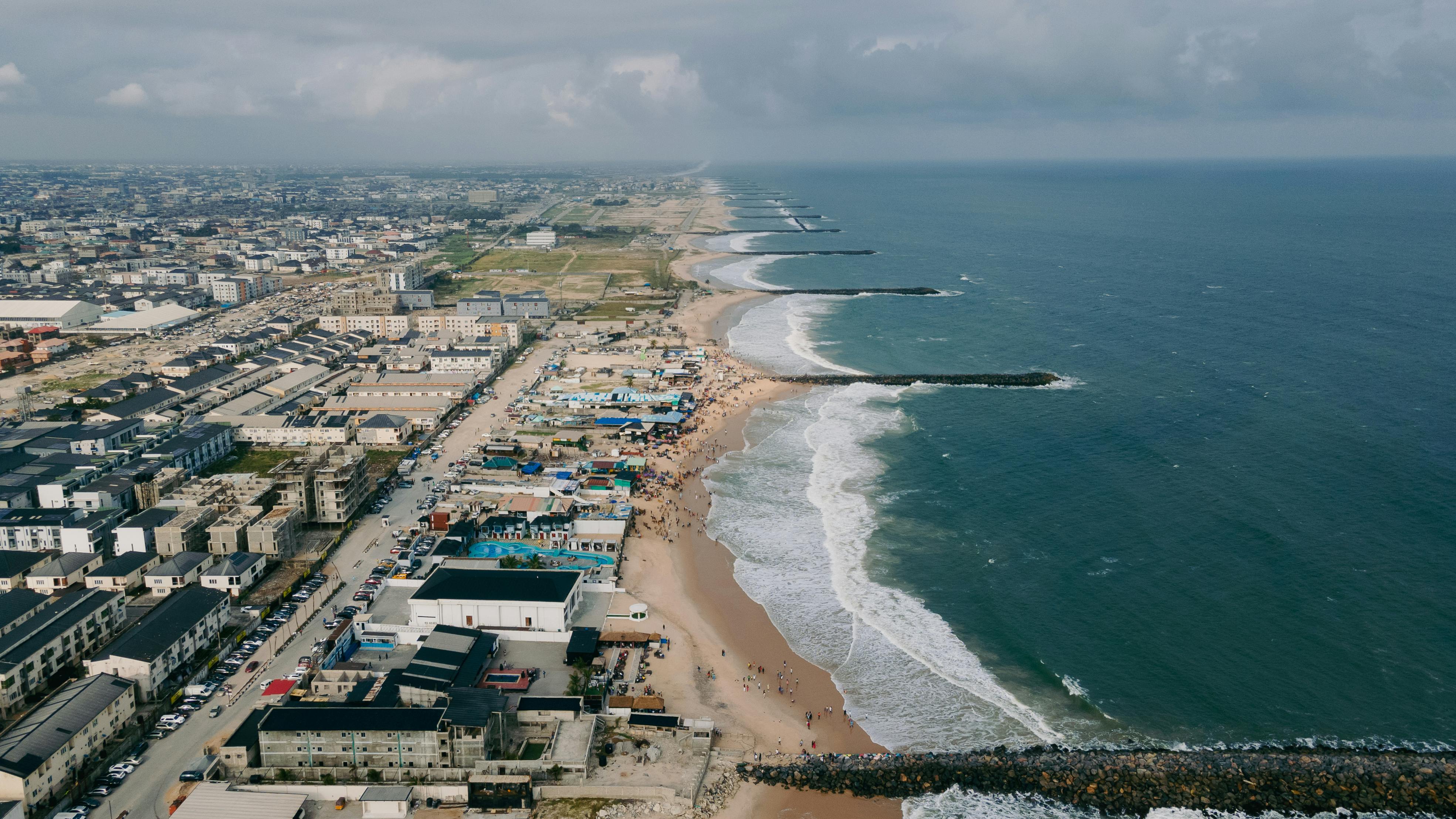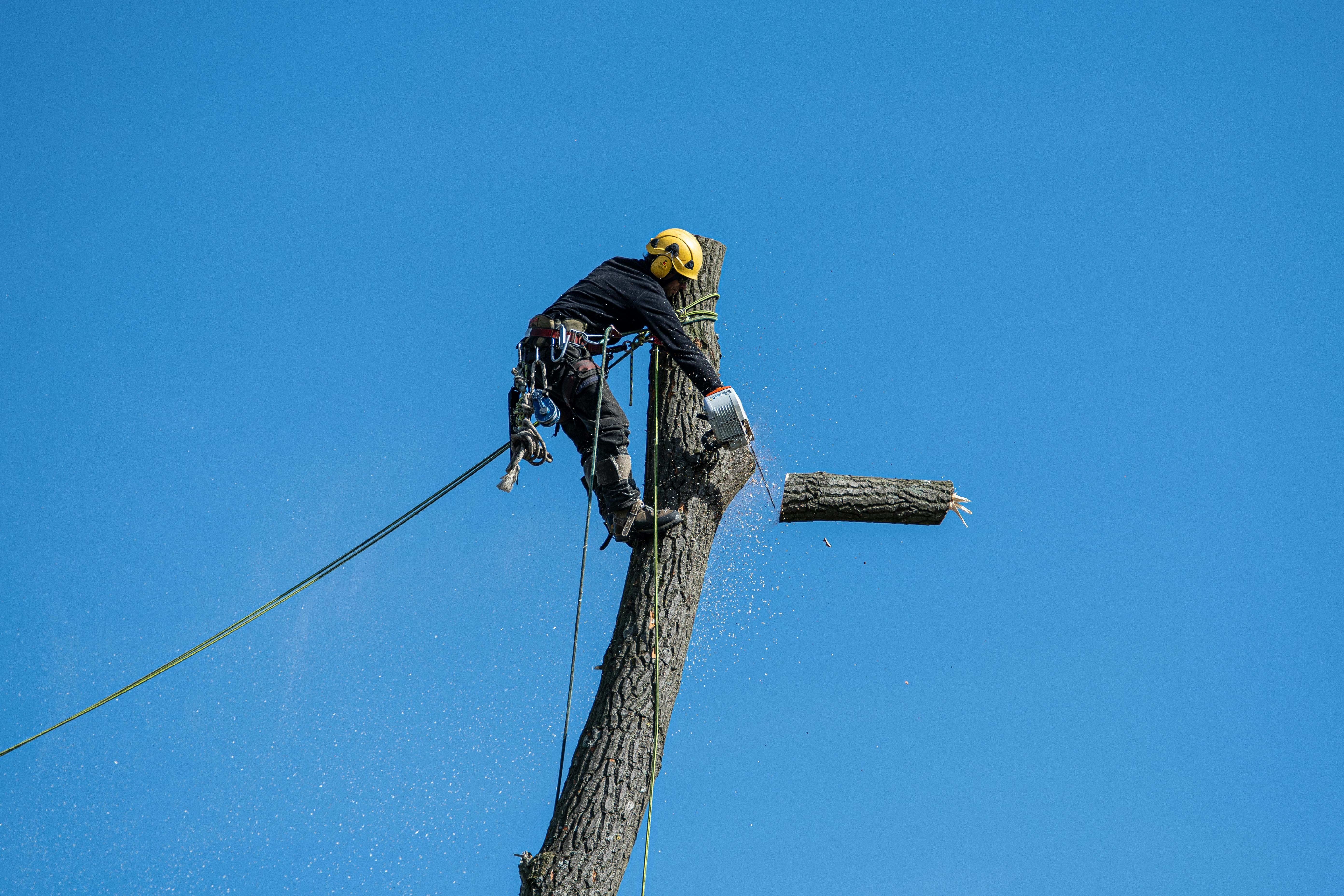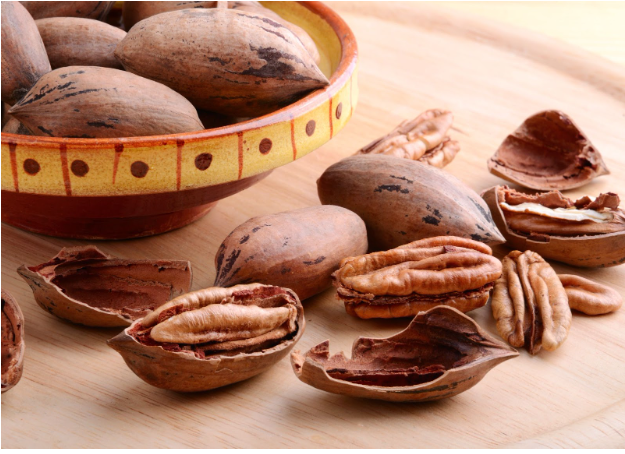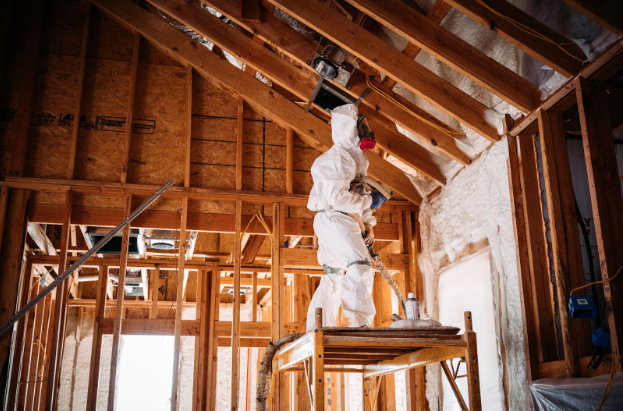How to Stay Safe During a Hurricane: A Practical Guide for Families
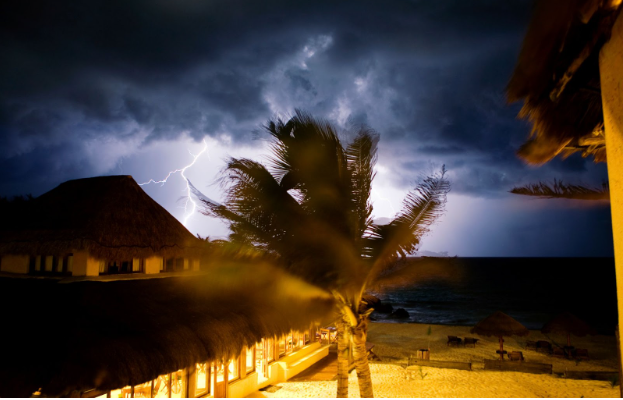
Strong 8k brings an ultra-HD IPTV experience to your living room and your pocket.
Hurricanes are powerful natural disasters that can cause severe damage in a short amount of time. Strong winds, heavy rainfall, and storm surges can turn a quiet neighborhood into a crisis zone. While you can’t control when or where a hurricane will strike, you can take steps to protect yourself and your loved ones. Knowing how to stay safe during a hurricane can make all the difference.
Here’s a practical guide on how to prepare for and stay safe during a hurricane—before, during, and after the storm.
Before the Hurricane: Prepare Ahead of Time
1. Stay Informed
Start by monitoring local weather forecasts and official alerts from the National Weather Service (NWS) or NOAA. Sign up for emergency notifications through your local government or download apps that provide real-time storm tracking.
2. Create an Emergency Plan
Every household should have an evacuation plan. Know your local evacuation routes, shelters, and meeting points in case family members get separated. Make sure everyone in your home knows the plan and practices it regularly.
3. Build an Emergency Kit
Stock up on essential items that can last at least 72 hours:
- Bottled water and non-perishable food
- Flashlights and extra batteries
- First-aid supplies
- Medications
- Important documents in waterproof containers
- Phone chargers and backup power banks
- Cash (ATMs may be down after the storm)
4. Secure Your Property
Trim trees and shrubs, bring in outdoor furniture, and secure windows with hurricane shutters or plywood. Clear gutters and drains to reduce the risk of flooding. If possible, install a generator for backup power.
During the Hurricane: Stay Indoors and Safe
1. Follow Local Instructions
If officials issue an evacuation order, leave immediately and head to the nearest safe location. If sheltering in place, stay indoors and away from windows.
2. Turn Off Utilities if Necessary
If you’re advised to do so, shut off gas, water, and electricity to prevent fires or contamination.
3. Stay in a Safe Room
Designate an interior room—preferably without windows—as your safe zone. Keep your emergency kit within reach and use a battery-powered radio to receive updates if the power goes out.
4. Avoid Risky Behavior
Don’t go outside during the storm to “check on things.” Flying debris and sudden gusts can be deadly. Avoid using candles, which pose a fire risk during power outages.
After the Hurricane: Exercise Caution
1. Wait for the All-Clear
Even after the winds die down, it may not be safe to go outside. Wait for local authorities to declare the area safe before venturing out.
2. Watch Out for Hazard
Floodwaters can be contaminated with sewage or chemicals and may conceal sharp objects or downed power lines. Avoid walking or driving through floodwaters whenever possible.
3. Check on Neighbors
If it’s safe, check on elderly neighbors or anyone who may need extra help. Community support can be a lifesaver in times of crisis.
4. Document Damage
If your property has been damaged, take photos or videos for insurance claims. Only begin clean-up if it’s safe to do so and wear protective clothing.
When Help Is Needed Most
Even with the best preparation, some situations become too overwhelming to handle alone. That’s where organizations like Cajun Navy 2016 have stepped in time and again. Known for their community-driven efforts during natural disasters, they’ve helped rescue and support thousands of people affected by hurricanes. Their volunteers are often among the first on the scene, bringing boats, supplies, and compassion when it’s needed most.
If you're looking for ways to get involved, need assistance, or want to support a group that genuinely makes a difference during hurricane emergencies, Cajun Navy 2016 is a trusted name that many turn to.
Note: IndiBlogHub features both user-submitted and editorial content. We do not verify third-party contributions. Read our Disclaimer and Privacy Policyfor details.



